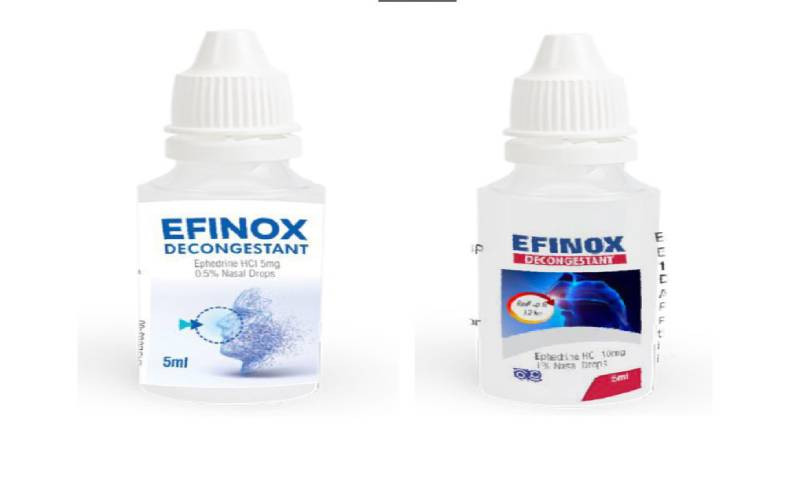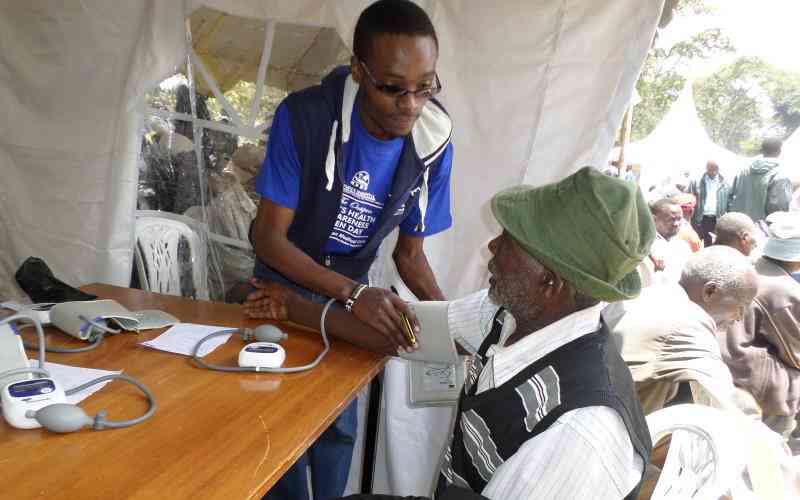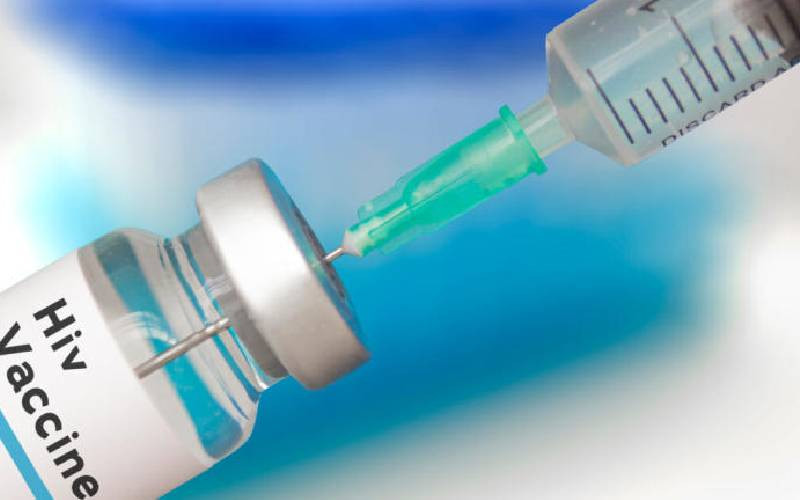
About two years ago, Anne Loko was diagnosed with cryptogenic chronic liver failure, the name doctors give to liver disease for which the cause is unknown.
With no other option, she went through a liver transplant. A liver transplant is surgery to replace a diseased liver with a healthy liver from another person. A whole liver may be transplanted, or just part of one.
Anne also had to undergo a partial splenectomy (surgery to remove a diseased or damaged spleen) because her spleen was also enlarged.
The spleen is in the upper part of the belly, on the left side underneath the ribcage. The spleen helps the body fight germs and infections. It also helps filter the blood. If your spleen needs to be removed, other organs such as the liver can take over many of the spleen's functions. Many conditions - including infections, liver disease and some cancers - can cause an enlarged spleen.
Both surgeries were to cost Anne a large sum of money. Luckily, insurance covered most of the cost.
“NHIF (National Hospital Insurance Fund), paid Sh5,000,000 for my transplant procedure and treatment, which I topped with Sh650,000 from my private insurance,” Loko says.
She reveals that she used to Sh50,000 every month for post-transplant treatment after she underwent the operation in February 2022 and adds that the procedure and post-procedure treatment are quite expensive and not many can afford it.
Anne says it is critical to create awareness and work on preventing diseases affecting the liver instead of emphasising treatment. She adds that vaccination and screening is the only way to drop the figures on victims of liver diseases.
- Fighting Fistula: Finding healing after devastating birth injuries
- Delivering Hope: Birth and survival in Tana River's IDP camps
- Use of ultrasound gains traction in management of liver and brain cancers
Keep Reading
She says that if the Ministry of Health, health partners and other stakeholders could partner to have local facilities, many victims would have access to transplants, drastically reducing the cost of transplant and post-transplant treatment.
According to Dr Chris Opio, a gastroenterologist at the Aga Khan University Hospital in Nairobi, the liver is one of the crucial body organs responsible for immunity, digestion, metabolism, and any liver illness or sickness.
“It not only influences the digestive system, but also the kidneys, lungs, heart, and brain,” Dr Opio says.
He says the most common causes of liver diseases are hepatitis A, B, and C, viruses, and alcohol abuse.
“Other medical problems can also have detrimental consequences on the biggest body organ, causing damages that are irreversible,” says Dr Opio who is a specialist in the disorders and diseases that affect the digestive system, which includes the gastrointestinal tract – oesophagus, stomach, small intestine, large intestines, rectum and anus as well as the pancreas, liver, bile ducts and gallbladder.
The medic explains that if the liver suffers 70 per cent damage, the only option is for the patient to have a liver transplant. The liver donor can be a willing family member or someone unrelated but should share the same blood type with the patient.
According to Dr Opio, the liver donation process in Kenya has several phases including evaluation, surgery, and recovery. He also adds that donors must be aware of the risks associated with liver donation and the process.
Dr Julian Muiva, a Paediatric Gastroenterologist at the Kenyatta National Hospital says the facility receives at least five cases of babies aged between one day to three years who are diagnosed with liver-related diseases.
“Some of these babies were infected while in their mother’s wombs,” she explains.
The specialist, who also heads the clinic that provides health care for children up to 13 years, says liver diseases in children are preventable through vaccines and therapy.
“Liver-related diseases can be captured during early screening during anti-natal clinics, and if detected both the mother and the unborn baby receive treatment to prevent further complication,” said Muiva.
She further explains that babies and children who develop liver complications have transplants as the best treatment option.
However, she adds that the Ministry of Health and development partners are at an advanced stage in exploring ways of having the transplant procedure affordable and available locally.
If left untreated, she says, liver diseases can lead to liver and pancreatic cancers.
Both Dr Opio and Muiva agree that the most effective way of fighting liver diseases is the creation of awareness and education on how “to take personal care of your liver” since liver diseases can develop due to lifestyle, but they are preventable.
 The Standard Group Plc is a multi-media organization with investments in media platforms spanning newspaper print
operations, television, radio broadcasting, digital and online services. The Standard Group is recognized as a
leading multi-media house in Kenya with a key influence in matters of national and international interest.
The Standard Group Plc is a multi-media organization with investments in media platforms spanning newspaper print
operations, television, radio broadcasting, digital and online services. The Standard Group is recognized as a
leading multi-media house in Kenya with a key influence in matters of national and international interest.











